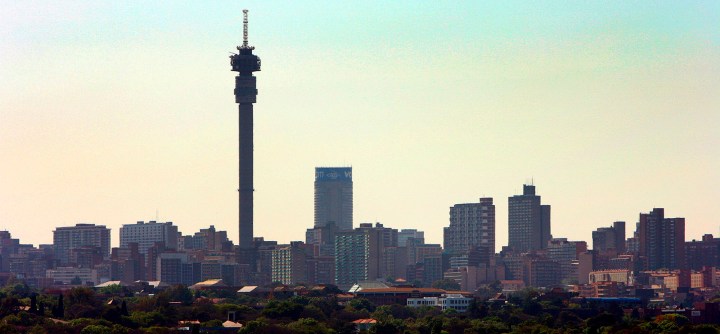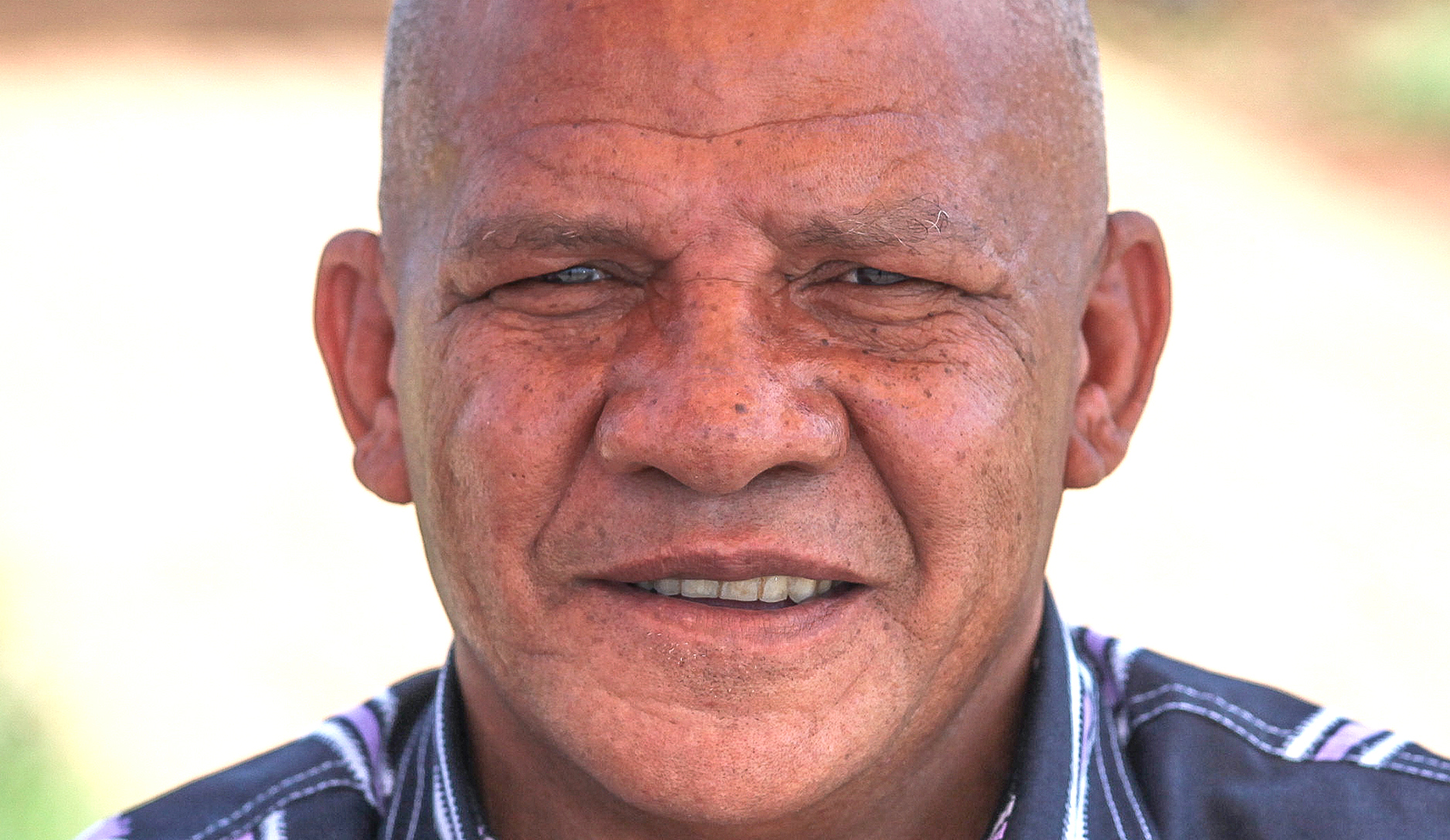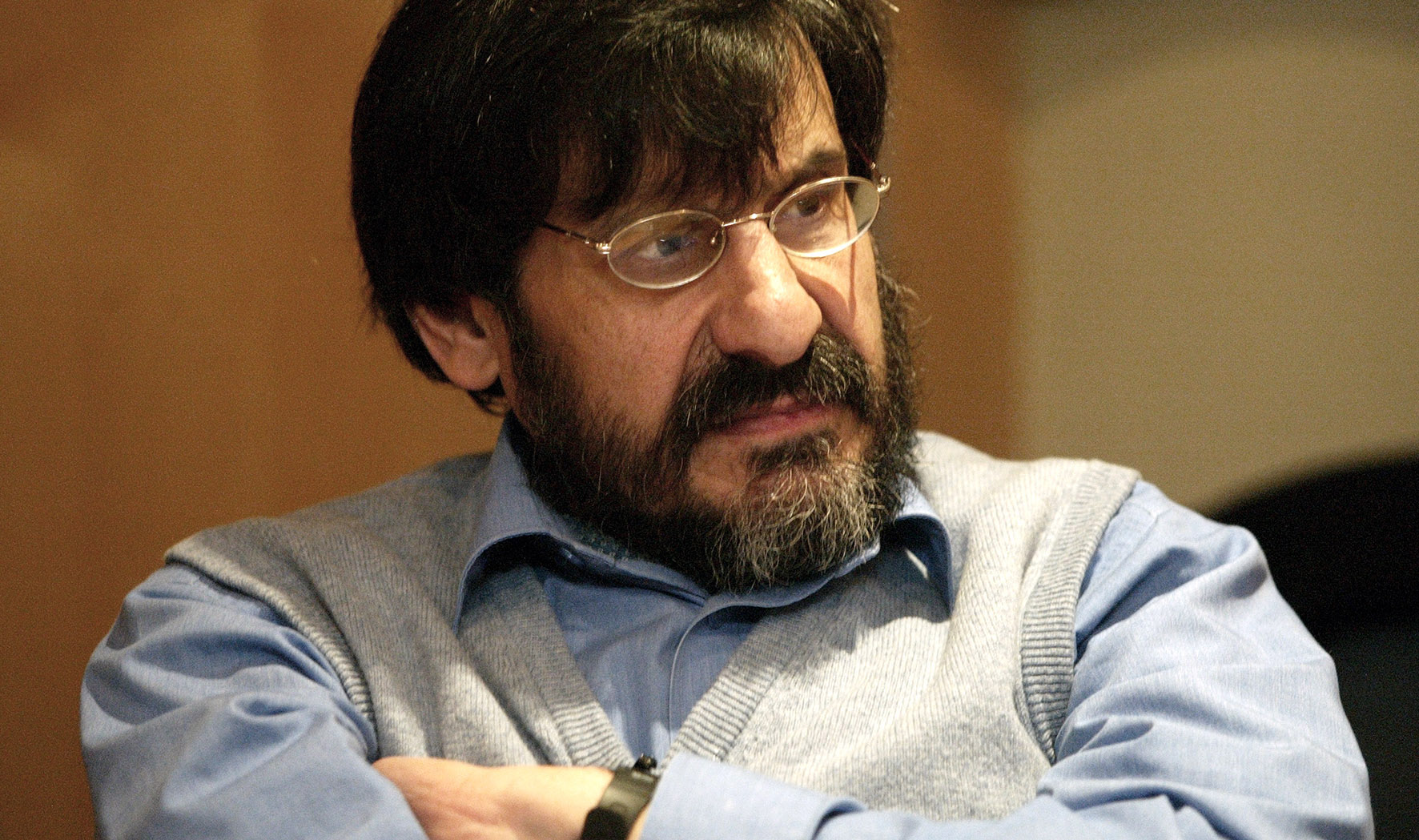ANALYSIS
Joburg’s political crisis adds more keystrokes to the picture of the failing South African democracy

While the past few years have revealed a strong potential that political stalemate or chaos may soon overpower some councils or provinces (and even the national government), events in Joburg in the first week of September lifted the levels of manipulation rarely seen before. There is now strong evidence that several councillors who voted against the former Speaker, Vasco da Gama, did so against their parties’ instructions.
For the moment, this is a dynamic which appears to be largely confined to the smaller parties but can lead to deep chaos with dire consequences.
On the morning of 1 September 2022 a group of councillors from the ANC, the EFF, the UDM and several others voted against the DA’s Speaker in Joburg, Da Gama. It was a very close vote, with 136 to remove him and 132 to retain him.
It then emerged that councillors from at least three parties who are part of the DA-led coalition voted against the mandate of their leaders.
ACDP Councillors Absalom Sithole and Sam Dyers, Cope’s Colleen Makhubele and one person from the IFP are the people held responsible. The ACDP councillors were caught on video voting for the motion.
The ACDP leadership is now promising to take action. Meanwhile, the DA has said it has evidence that bribery was involved.
This latest episode suggests that Joburg is to plumb levels deeper than what was seen in Nelson Mandela Bay before last year’s local election. While the situation was incredibly chaotic, there were at least political parties to negotiate with. And despite the fact the Patriotic Alliance (PA) councillors behaved immorally, there was at least one particular body to negotiate with. In one 24-hour period, the PA councillor Marlon Daniels said in council he would vote against the budget, then claimed he had been threatened, then voted for the budget and was then appointed to the Mayoral Committee of the very Mayor who proposed the very same budget.

Councillor Vasco da Gama. (Photo: Gallo Images / Sharon Seretlo)
Now, there is evidence that in fact, certain councillors are available to the highest bidder.
Consider the situation in the ACDP in Joburg. While two of its councillors voted for the motion, the other obeyed party instructions and voted against it.
If people who belong to and represent a party founded on religious beliefs and a “strong Biblical foundation” cannot be trusted, who can?
One of the key figures in all of this is Cope’s Makhubele. So tight is the battle for control in Joburg that she suddenly has a near-kingmaker position. Technically, she is the Chair of Chairs, a position which allows her to set the agenda in some ways, and even become the next Speaker.
But according to her party, she should have voted for Da Gama to be retained. However, as Cope collapses so publicly there is the possibility that there is no person in the party she comes from who can discipline her in any way. As a result, she may now be a free agent, available to the highest bidder.
Literally.
Visit Daily Maverick’s home page for more news, analysis and investigations
Imagine a situation where the DA now offers her the position of Deputy Mayor or another high-ranking job. Would she suddenly change her position on Da Gama? If he were nominated in an election to go back to the position, could she vote for him?
This may turn into a situation where the people who practice the worst kind of politics are the people who benefit the most.
Worse, it may even further encourage legions of bad actors to enter local politics with just this single aim in mind. They might never need to have a large body of support, but get just enough community backing to allow them to benefit personally.
Some of the smaller parties appear so fragile it’s even possible that some councils could have situations where there are three or four “Makhubeles”, just one-seat parties who are available to the highest bidder. Or parties where individual councillors are up for grabs, because they will not fear their own discipline mechanisms.
The net result of this, of course, will be chaos.
There may be only one small limitation to all of this.
In council votes such as this one, the councillors had to vote in a public process. It is because of this that we know that it was two councillors from the ACDP, one from Cope and one from the IFP who voted against their party mandates.
While their party leaderships may or may not act against them, voters at least know what happened, and who did what.
But in some important council votes, this is not the case.
In Ekurhuleni last year, when parties voted for the position of Speaker and Mayor after the November election, EFF councillors voted for the DA’s candidates. The party only confirmed this several days later. It was only because of the maths that it was obvious to those who know the numbers in the council what had happened.
The point is, as Professor Steven Friedman has pointed out, this allows councillors who were voted into positions to represent constituencies to do exactly what they want to do as individuals. There is no way for those who voted for them to hold them accountable for what they’ve done.
This is surely undemocratic.
It is obviously wrong that a person who is elected to represent a constituency can betray them, and keep their betrayal a secret.
Anyone who disagrees with this should remember the feeling in our country when FIFA decided, by secret ballot, to vote against South Africa hosting the World Cup in 2006. It was only the outrage at that process that led to a formal decision that the 2010 World Cup would be hosted by Africa.
This whole Joburg mess poses several dangers, some of which loom large in our future.
It is entirely possible that after the 2024 elections some provinces (even possibly the national government) could hinge on a single vote in the legislature.
What is the likelihood of the same scenario occurring? And if it does, what does this mean for governance?
The battle for patronage could become more intense, and our entire political system could become poisoned even further than it is right now, which already is consumed with animosity. This would lead to more violence in our legislatures, and a near-total complete lack of honesty and openness among those who fight their way into the right to rule.
Eventually, this continued chaos will open the gates wide to populists and autocrats to offer no democracy as the lasting solution to our swirling problems.
Right now, there are some action points that could be implemented to stop this from happening.
The first is that all votes in council, the National Assembly and in every legislature should be public. Full stop.
The second is that parties should be able to remove their councillors quickly if they vote against a mandate.
And the third, and the most important, requires active voters. People need to pay attention to what their representatives are doing. If they do not live up to their promises, they must vote them out.
Accountability is, after all, democracy’s greatest ally.
But should nothing happen, the current space of bribery, moral corruption, and hypocrisy will win the day and render South Africa’s democracy a failed one. DM


















 Become an Insider
Become an Insider
Helen Zille has said this exact thing numerous times, over a very long period of time (read: since 2006) – our politics is becoming increasingly fragmented with one or two individuals being able to hold the entire process hostage. I think she deserves a lot of credit here.
On another note, I think a possible workaround is to have a minimum popular percentage threshold for parties to enter into councils, legislatures, etc. This help ensure less one man shows, changing their allegiances on a daily basis, are part of the actual governance of cities and provinces.
Viva Helen Zille!
How about publishing the names and photos of the councillors who went against their party instructions? A bit of heat will do them some good.
I find it ‘funny’ how we as voters also flop around as it suits us. When there was to vote for or against Zuma’s removal, we all wanted secret votes. So that representatives could vote their conscience, now we want public voting as per party instructions … That’s us – never satisfied.